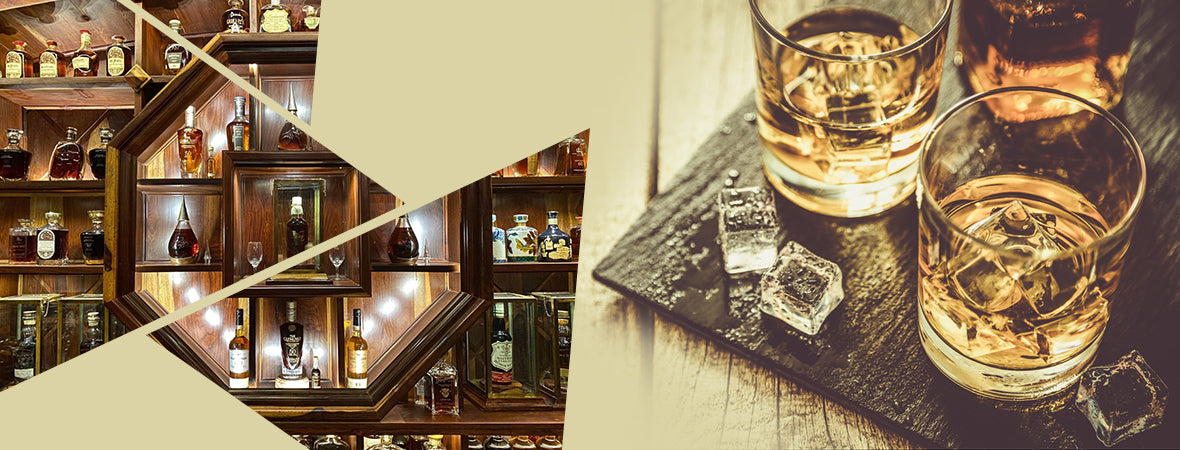It’s easy to see why someone would get confused between “liquors” and “liqueurs.” A slight change in spelling and a slight change in pronunciation make a big difference, but people frequently blend these two together and talk about one when they really want to talk about the other. I used to be one of those people, but now the differences between these two terms are as clear as day.
These two liquids do have several similarities that you should know. Both of these are considered “spirits,” which is a term used for a distilled beverage. The term “spirit” is derived from the chemical process of fermenting a fruit or grain and watching the vapor of these ingredients rise. The vapor would then be captured, and the steam is then condensed into a liquid. So quite literally a “spirit” becomes the drink itself. This term was also commonly used in alchemy.
Liquor is an alcoholic liquid that typically does not have any added sugars or extracts. Vodka, rum, and whiskey are examples of liquors. The fact that liquors have no sugars or extracts added is the distinguishing difference between liquors and liqueurs. In fact, if you were to add sugars and extracts to a liquor, you would have a liqueur. Liquors can be used as a base for liqueurs.
This means that a liqueur is different because it does contain added ingredients and sweeteners. These might also be called cordials, although today we refer to cordials as being non-alcoholic. Liqueurs are infused with herbs and flavorings, and were originally concocted for medicinal purposes. An example of a liqueur is Schnapps, which are usually brandy-based and infused with fruits. Flavors like peppermint, peach, and apple are created by steeping the fruits in brandy. Aperitifs are liqueurs with added herbs that stimulate appetite while digestif aid with digestions after the meal.
We tend to loosely exchange these terms in conversation, but now you can have a better understanding between their differences. Hopefully now you know when you should or should not use one of these terms, and the next time it comes up in conversation, you’ll be able to use the right one.





